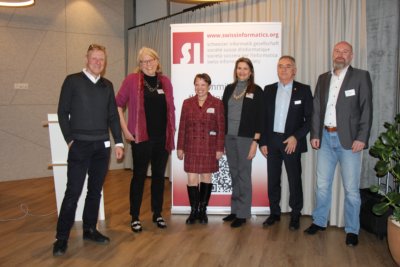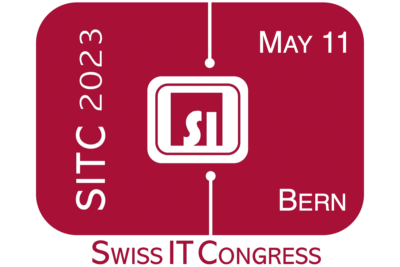Practically simultaneously, the online editions of Zeit and Spiegel publish articles against the German government’s surveillance mania. Kai Biermann headlines his commentary A rotten game with people’s fear. He describes how the German government and the secret services exploit the fear of the citizens more and more in order to introduce more and more surveillance (see below). However, he does not ask why more and more surveillance is being conducted.
In his article, Sacha Lobo analyzes the 13 Islamist assassinations since 2014 in Europe in which innocent people died. All of the assassins were previously known to authorities to be violent and Islamist. In the surveillance of these (later) assassins, there would have been a cause and one could not have spoken of surveillance without a cause and without suspicion. The German government and its secret services, on the other hand, want to introduce more and more warrantless mass surveillance of everyone. In doing so, they not only continue to dismantle fundamental rights (see the 2017 Fundamental Rights Report), but also make the task of preventing attacks unnecessarily greater. After the attacks in England, the image of looking for needles in a haystack was repeatedly invoked, with someone simultaneously throwing more and more hay on top of the pile.
On June 8, the Tagesschau reported that hundreds of Islamists are at large despite arrest warrants….
Two examples of increasing surveillance in Germany: the federal government wants to significantly increase the number of crimes for which data retention and radio cell searches are used). Newly, data retention and radio cell interceptions are to be used, for example, in the case of residential burglaries (since burglaries are then classified as serious crimes). Surely a burglary is bad for those affected, but does that justify such a serious encroachment on the fundamental rights of all residents in Germany?
Radio cell searches are used to find out which phones have been in certain radio cells (i.e. near a crime scene) over a certain period of time. In 2016, the Berlin police obtained 112 million cell phone data through such queries; i.e., the phone data of all Berliners ended up with the police every 11 days. More than half of the interceptions were related to theft and robbery. Schleswig-Holstein is a bit more tranquil in this regard; there, on average, each resident only gets caught up in a radio cell query once per quarter. This means that a massive encroachment on fundamental and human rights, such as data retention, is justified on the grounds of combating terrorism, but is then used by the majority for completely normal police law enforcement.
Furthermore, the use of state Trojans (GovWare) is also to be significantly expanded. As a reminder, state Trojans use vulnerabilities that are not reported to the manufacturers (e.g. Microsoft) by police and intelligence agencies for the purpose of closing them. They remain open and can then be exploited by criminals, especially if the intelligence service also has the information about the vulnerabilities stolen (see post #19). The federal government wants to expand the crimes for which the state Trojan can be used by 38 offenses). For these offenses, a “normal” wiretap can be used today. With the help of the state Trojan, content that is encrypted can then also be intercepted. Finally, online searches involve searching devices (smartphones) for content. The BKA is allowed to use online searches to prevent international terrorism, but the German government now wants to significantly expand its use.
Reposted from the blog of the SI Working Group on Privacy










